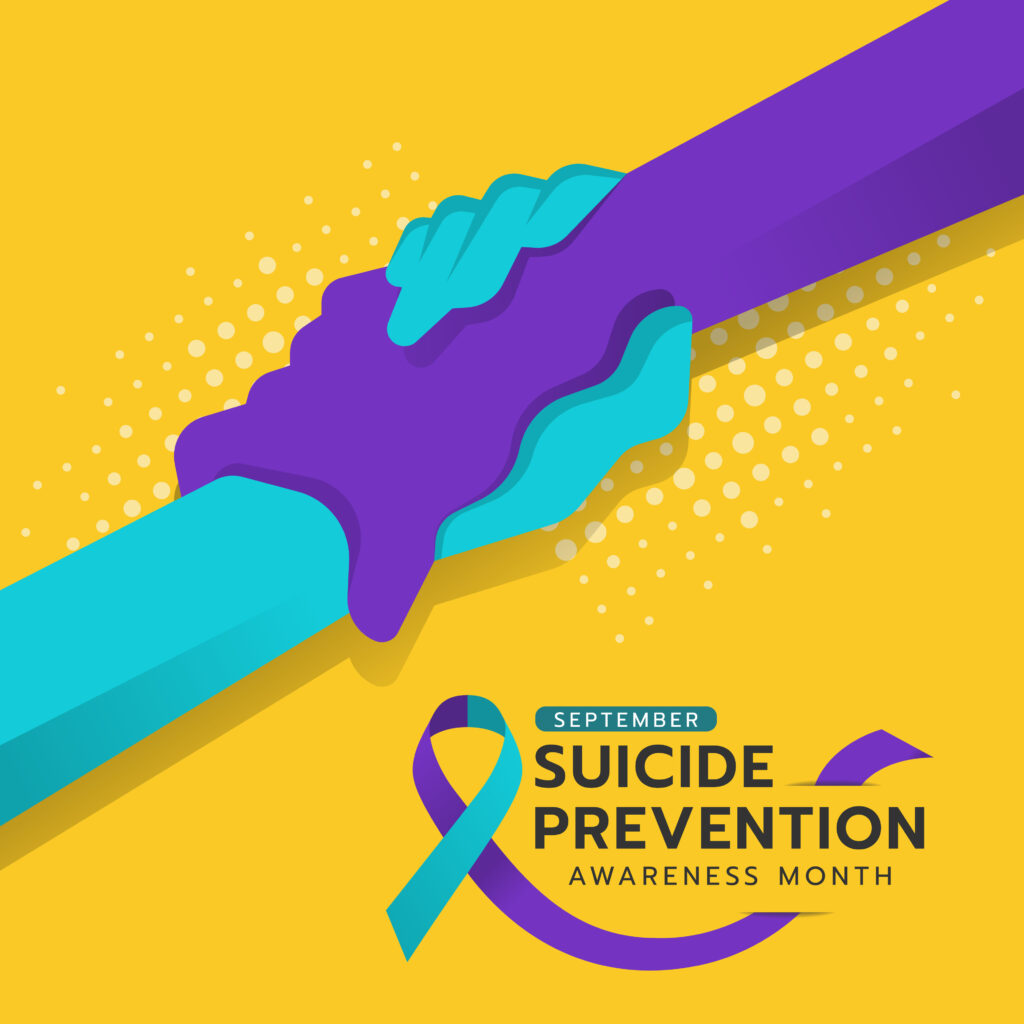World Suicide Prevention Day 2023
This September 10th marks the 20th annual World Suicide Prevention Day.
First established by the International Association for Suicide Prevention in conjunction with the World Health Organization (WHO), the day aims to bring attention to the global issue of suicide, and in doing so aims to reduce stigma and raise awareness among organizations, governments, and the public, in highlighting the important message that suicides are often preventable.[1]
The Government of Canada reports that approximately 4,500 people in Canada die by suicide every year – that is equivalent to 12 people dying by suicide every day. There are over 200 suicide attempts each day in Canada, and many more people experience suicidal thoughts. The complexity of suicide means that for each life lost to suicide, at least seven to ten survivors are significantly affected by this loss, resulting in far-reaching impacts.[2]
Our workplaces are an undeniably significant aspect of our daily lives, with many of us dedicating over 60% of our waking hours to our jobs[3]. It is no surprise then that losing a co-worker to suicide can have a substantial effect on the psychological health and safety of the workplace and organization at large.
It is imperative for leaders and employers to establish comprehensive strategies for informing and educating their staff about suicide. The consequences of not addressing suicide within the workplace are far too significant to be left ignored. A proactive and preventative approach to this issue requires a psychologically healthy and safe workplace.
The World Health Organization provides the following list of behaviours and changes for employers[4] to be vigilant of as warning signs of suicide or suicidal ideation in their employees:
- Expression of thoughts or feelings about wanting to end their life
- Expression of feeling hopeless or having no reason to live
- Feelings of isolation, loneliness, hopelessness or loss of self-esteem
- Changes in behavior such as withdrawal from colleagues, decrease in work performance or difficulty completing tasks
- Changes in behaviour, such as restlessness, irritability, impulsivity, recklessness or aggression
- Talks or actions that indicate arranging end-of-life personal affairs, such as making a will or concrete plans for suicide
- Substance abuse (alcohol or other substances)
- Depressed mood
- Previous suicidal behaviour
- Bullying or harassment in the workplace
References

Additional Resources
-
TOOLKIT | The workplace and suicide prevention
Centre for Suicide Prevention (CMHA Branch)
-
TOOLKIT | Suicide prevention tin the workplace
Mental Health Commssion of Canada
-
TOOLKIT | Preventing suicide at work: Information for employers, managers, and employees
World Health Organization
-
RESOURCE | Breaking the silence in the workplace: A guide for employers on responding to suicide in the workplace
Suicide Prevention Resource Centre
-
ARTICLE | Workplaces
Suicide Prevention Resource Centre
-
ARTICLE | Critical incident stress debriefing
Info-Trauma.org
